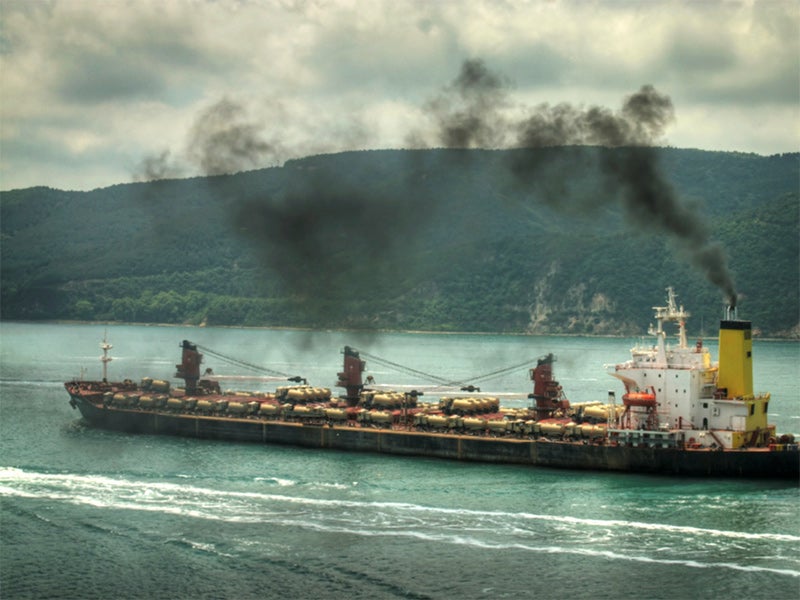Defending Pollution Limits for Large Diesel Ships
Ships with big diesel engines—tankers, freighters, and cruise ships—are a major source of dangerous air pollution that dirties port areas and sickens workers and nearby residents. Fortunately, an EPA rule that mandates use of low-sulfur fuel will put a big dent in the problem, unless the state of Alaska succeeds in overturning it.
Case Overview
Ocean-going vessels with large marine diesel engines, such as container ships, tankers, freighters and cruise ships, are a significant source of air pollution in coastal states. Without the use of low-sulfur fuel, the emissions of these large ships will more than double in the next two decades.
Currently more than 30 major U.S. ports along the Atlantic, Gulf of Mexico, and Pacific coasts are located in areas that don’t meet ozone and/or particulate standards. The Ports of Los Angeles and Long Beach have calculated that ocean-going vessels produce 59 percent of the total diesel particulate matter emissions in the area, 36 percent of the emissions of nitrogen oxides (NOx), and 90 percent of the emissions of sulfur oxides (SOx).
After EPA issued a rule to control ship pollution through the use of low-sulfur fuel, the state of Alaska sued to overturn the requirement. If successful, Alaska’s challenge could invalidate the rule nationwide, exacerbating an already dangerous pollution problem
Earthjustice defended the EPA rule from Alaska’s challenge to ensure that this important requirement can be applied nationally. In September 2013, Earthjustice won the case after the judge dismissed Alaska’s lawsuit, allowing EPA’s low sulfur fuel rule to stand.

Case Updates
Case page created on September 26, 2013.